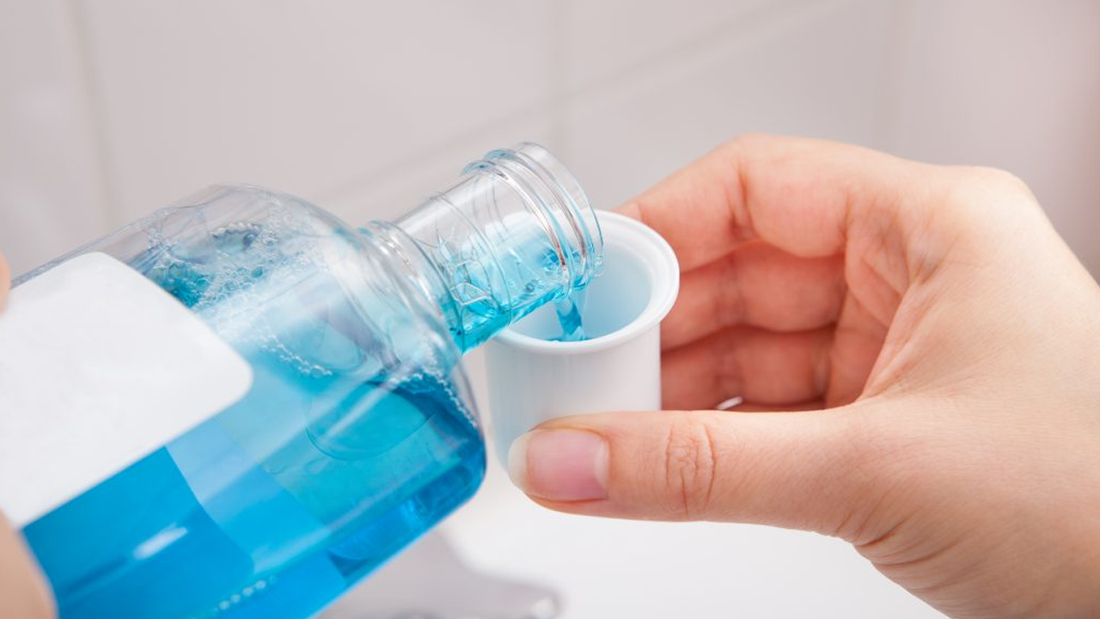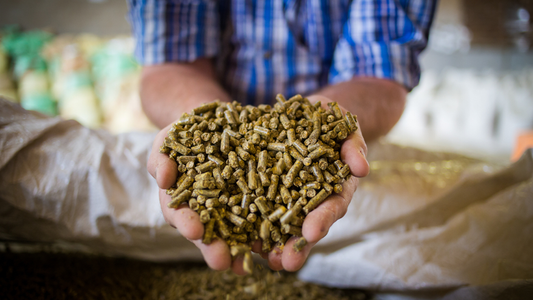Mouthwashes are a widely used product. Most people incorporate it in their oral hygiene practices. Each mouthwash brand is evolving compositions but the basic formula remains the same.
Different studies were conducted to evaluate their content. Most observations indicate that a common formulation comprises a water-glycerine base supplemented with sweeteners, surfactants, preservatives, colorants, and flavoring agents. These mouthwashes typically include two key oral health components: anticaries sodium fluoride and antimicrobial essential oils.
Two Types of Mouthwashes
Before we move ahead with the role of oral additives, let us understand two main types of mouthwash: cosmetic and therapeutic.
Therapeutic mouthwashes come in over-the-counter and prescription varieties, depending on their formulation. They diminish or regulate plaque, gingivitis, bad breath, and tooth decay. It's advised that children under the age of 6 avoid using mouthwash unless specifically instructed by a dentist.
On the other hand cosmetic mouthwash refers to a type of mouthwash primarily used for cosmetic purposes, such as freshening breath and providing a temporary sensation of cleanliness in the mouth.
Four important oral additives in therapeutic mouthwashes
Desensitizing agents: Some mouthwashes contain ingredients like potassium nitrate or strontium chloride hexahydrate, which can help reduce tooth sensitivity by blocking nerve signals in the teeth.
Flavoring agents: Flavoring agents are added to mouthwash to improve taste and make the product more appealing to users. Common flavoring agents include mint, thymol, carvone, peppermint, etc.
Humectants and sweeteners: Humectants like glycerin and sorbitol help to prevent mouthwash from drying out. Sweeteners such as saccharin or xylitol are added to improve taste without promoting tooth decay.
Antimicrobial agents: These additives help to kill or inhibit the growth of bacteria in the mouth. It reduces plaque buildup, gingivitis, and bad breath.
Out of all these agents, flavors play an important role in mouthwash. They are primarily to enhance palatability by masking strong or unpleasant tastes of active ingredients. That is why its regular use improves the overall user experience. Additionally, the inclusion of flavors promotes compliance with oral hygiene routines. Manufacturers can offer a variety of flavor options to cater to diverse preferences. Eucalyptol, thymol, Anethole, and Carvone are a few examples of flavoring agents used in mouthwashes.
If you need oral hygiene additives or other flavoring agents, be sure to visit SBBLG. They cater to diverse verticals with the highest quality products.





